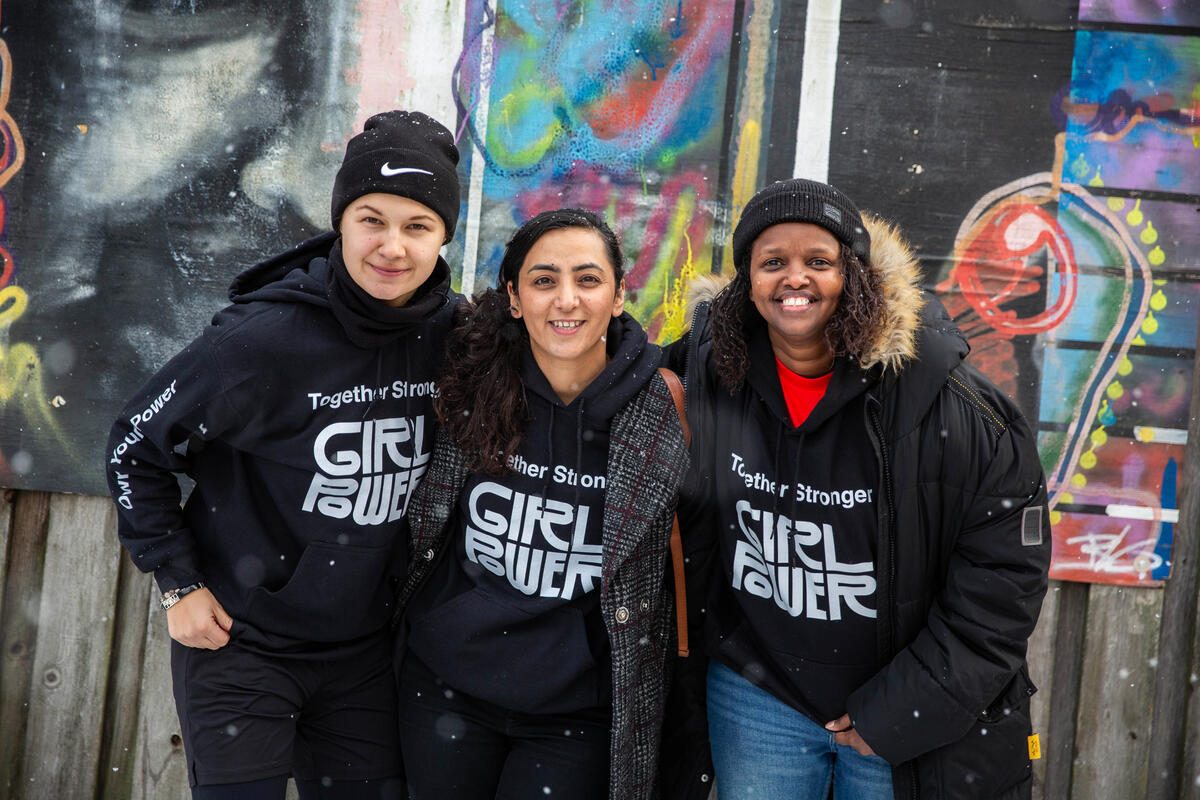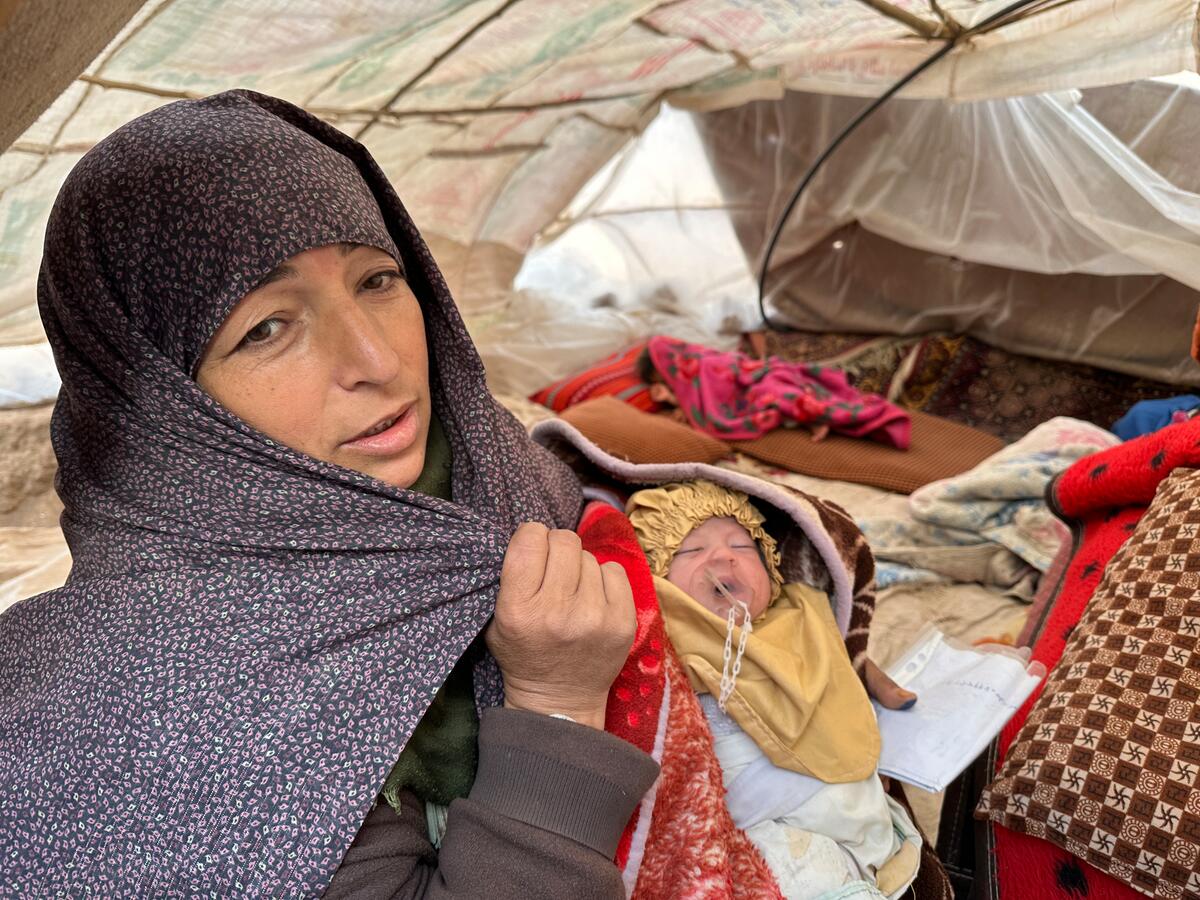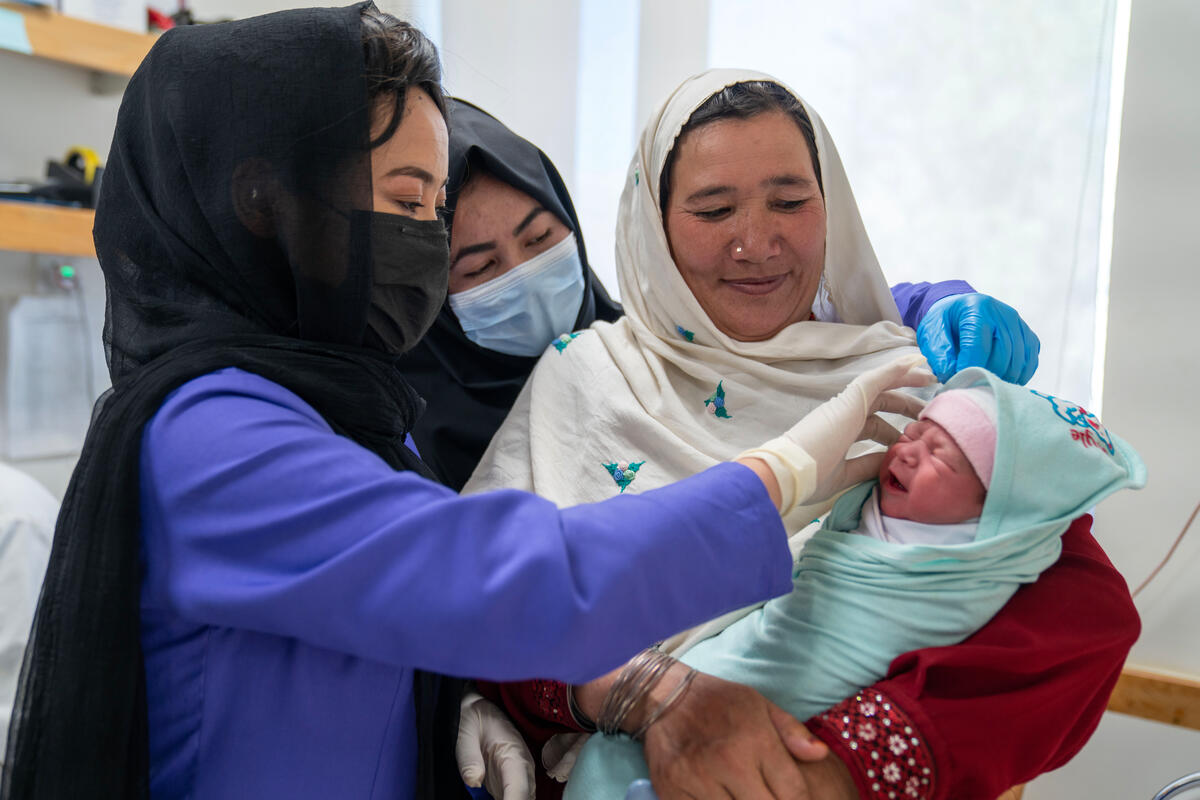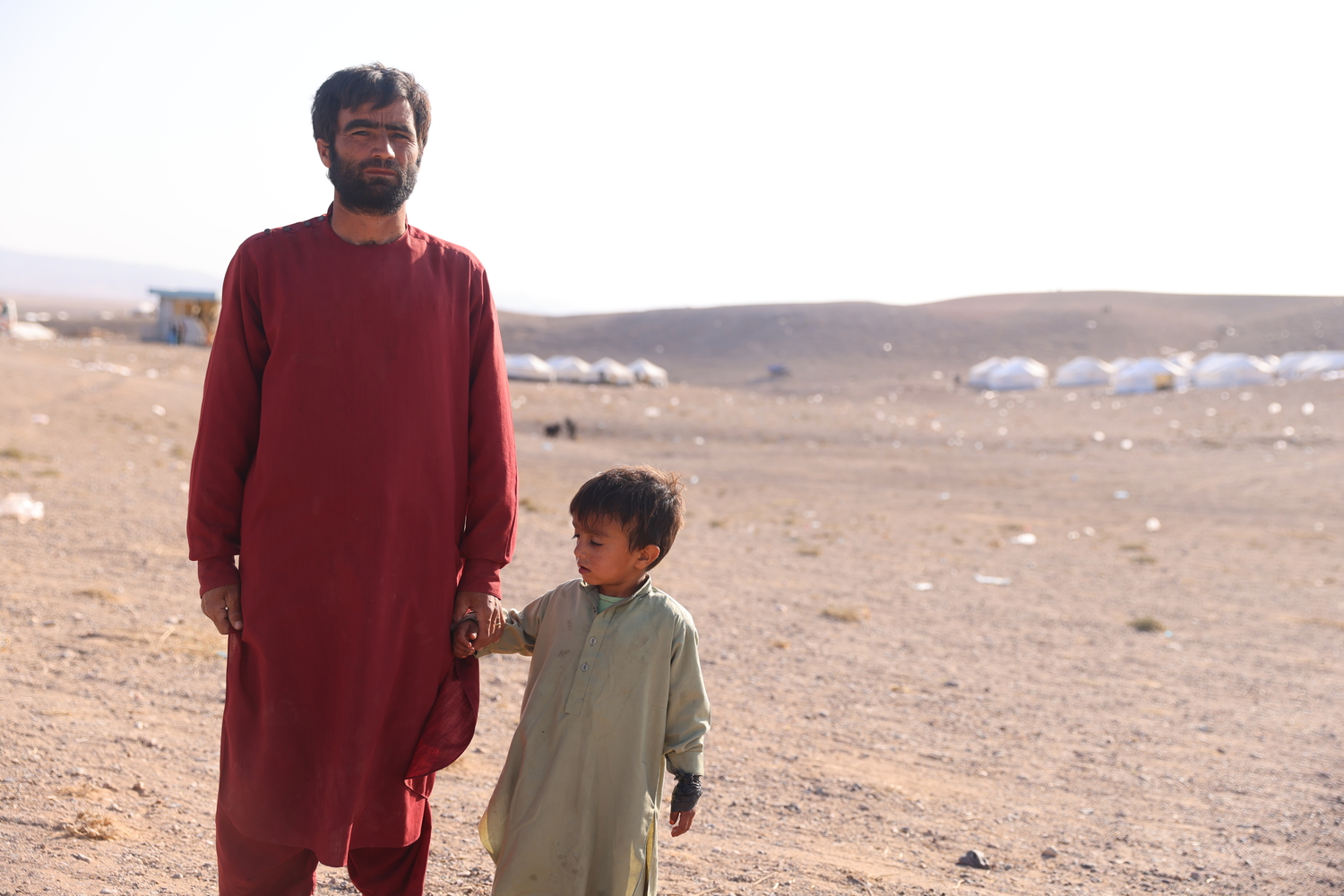Afghan repatriation from Pakistan triples original 2002 estimates as returns pass 1.2 million
Afghan repatriation from Pakistan triples original 2002 estimates as returns pass 1.2 million

ISLAMABAD, July 18 (UNHCR) - More than 1.2 million Afghan refugees have returned to their homeland from Pakistan since the voluntary repatriation initiative began, more than three times the expected number. The mass return movement has forced UNHCR to cut some programmes in Afghanistan and to refocus its operations.
The dramatic flow of refugees back to their homeland since the Afghan Transitional Authority / UNHCR initiative began on March 1 is the largest such repatriation movement UNHCR has seen since Iraqi Kurds returned to their homes in 1991, following the Gulf War.
Many observers doubted the U.N. refugee agency's global 1.2 million planning figure for 2002 when it was first announced, deeming it too high. At the time, UNHCR and the host governments expected that 400,000 returnees would leave both Pakistan and Iran, and that another 400,000 internally displaced Afghans would return home during the year.
"The number of refugees choosing to go home has been staggering," said Hasim Utkan, UNHCR Representative in Pakistan. "This is a mass movement of people that is based on expectations of peace and better lives in their homeland."
In addition to the refugee returns from Pakistan, nearly 100,000 refugees have repatriated from Iran, and some 10,000 people have returned with UNHCR assistance from the Central Asian states. Daily returns to Afghanistan under the initiative average 8,000 people.
UNHCR has now raised its prediction for total returns this year to more than 2 million, and expects the flow back to Afghanistan to continue next year.
In addition to helping returning refugees, UNHCR and its partners have also helped 200,000 internally displaced persons (IDPs) home, giving them the same returnee packages the refugees get. The agency expects to help up to 390,000 IDPs go back home this year. Many other Afghans are returning under their own steam and not seeking relief agency assistance.
But the massive rate of return, coupled with the tremendous needs, has sapped UNHCR's $271 million budget for Afghanistan and to care for refugees in the neighbouring states. The agency still lacks some $65 million through the end of 2002, with cash contributions urgently needed.
The U.N. refugee agency has refocused its aid in four priority areas - protection, travel assistance / returnee packages, shelter and water - leaving previously anticipated expenditures in areas like education and basic medical assistance to other humanitarian partners.
UNHCR has been forced to reduce the number of shelter kits it plans to distribute to needy Afghan families from 97,000 to 50,000, benefiting up to 400,000 persons.
Financial constraints and the fact that refugee returns have exceeded expectations also mean that UNHCR lacks funds to undertake future purchases of items like plastic tarpaulins, blankets, buckets and jerry cans. In some parts of Afghanistan, UNHCR has already exhausted supplies of these items and is using stocks from the International Committee of the Red Cross and UNICEF to meet the needs of the returnees.
Despite the financial constraints, UNHCR plans for the time being to continue providing travel assistance of between $10 to $30 per person, based on the returnees' final destination.








